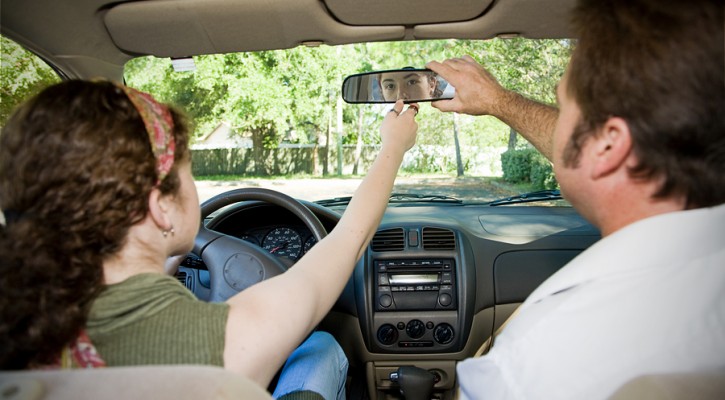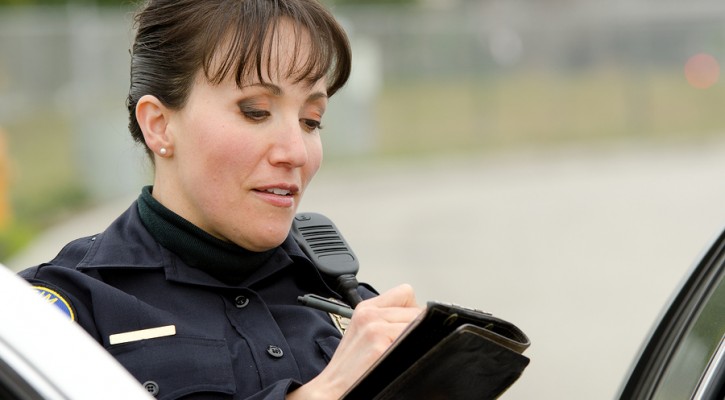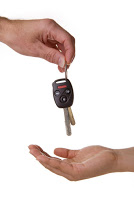Tag Archive: Parents

Parents Are Aware Of Alcohol Use At Teen Parties
December 17, 2014
A new study shows that most parents are aware of alcohol use at teen parties hosted in their homes. This disturbing fact came to light in a study printed in The Journal of Primary Prevention. The researchers gathered their data through phone interviews of 1,121 teens in 50 mid-size California cities over a two year period.
The good news from the study is that most of the teens interviewed hadn’t hosted a party where alcohol was used. However, among those that had hosted a party during the previous twelve months, thirty nine percent reported that there was alcohol at their last party. The alcohol was supplied by multiple sources. Continue Reading

Parents Ignore Teen’s Advice Against Texting, Driving High
August 8, 2014
Parents are ignoring their teen’s advice against texting and driving while high. This strange sort of modern day turnaround was revealed in a survey conducted by Liberty Mutual Holding Co. The survey results showed that 42 percent of teens report that they have asked parents to stop texting while driving and 18 percent have complained to their parents about driving while high on marijuana. Continue Reading

Study: Parents Don’t Devote Enough Time To Driving Instruction
April 18, 2014
One of the major problems with the US system of training teens to drive is that parents don’t have the training they need to properly train their teens to drive. While driving may be second nature to parents, it’s all new to the teen and with the teen at the wheel, parents miss out on a lot of “teachable moments.”
Researchers at the Highway Safety Research Centre at the University of North Carolina installed video cameras to see how much time parents actually devoted to driving instructions when teaching their teens to drive. The videos showed that parents spend more time on rudimentary vehicle handling techniques and not enough time on “higher order” techniques that will teach the teen to anticipate and plan for possible hazards ahead. Read more: Parents’ driving instruction often superficial

Parents Notified When Teen Is Pulled Over By Police
April 16, 2014
A statewide program in Michigan notifies parents if their teen (ages 16-21) is pulled over and stopped by law enforcement. Once registered, parents receive a sticker that is placed on the vehicle’s window. If their teen is stopped, the parents will receive a text or email notifying them of the event. So far, Michigan is the only state to have this program but it sounds like a good idea to take nationally. Read more: STOPPED ‘puts parents back in the car

Study Shows Teens with Their Own Car Have More Crashes
February 16, 2012
Two studies published in 2009 showed that teens who had to share a car and whose parents who were involved in their driving in a supportive way were far less likely to be involved in a crash or to engage in risky driving behaviors.
The studies, conducted by Children’s Hospital of Philadelphia (CHOP) and State Farm Insurance, were published in the October 2009 issue of Pediatrics. According to a news release by State Farm Insurance, the studies were based on a National Young Driver Survey of more than 5,500 teenagers in grades 9 through 11.
The first study showed that “teens who said their parents set clear rules, paid attention to where they were going and whom they were with, and did so in a supportive way were:
- half as likely to crash
- twice as likely to wear seat belts
- 71 percent less likely to drive while intoxicated
- 30 percent less likely to use a cell phone while driving
These findings are compared to teens who said their parents were less involved.”
The second study looked at teens who either owned their own car or had easy, unrestricted access to a car were twice as likely to be involved in a crash. The study showed that almost 75% of teen drivers owned or had unrestricted access to a car. 25% of teens who were the main driver of a car reported having been involved in a collision compared to just 10% of those who had to borrow a car.
On a basic level it makes sense; a teen that has to borrow a car faces the wrath of the owner if that car is damaged or destroyed. Teens who own their own car don’t feel that sense of responsibility to protect someone else’s property from harm.
These studies show the critical importance of parental involvement in a teen’s driving environment and add to data that shows Graduated Drivers Licenses for teens work to create a safer driving environment for teens.
Car crashes are the main cause of death for teenagers in the United States. According to the National Highway Traffic Safety Administration (NHTSA), teens are involved in three times as many fatal traffic crashes as all other drivers.
NHTSA figures for 2009 show:
- Traffic crashes are the leading cause of death for 15 to 20 year olds.
- 5,148 15- to 20-year-old drivers were involved in fatal crashes.
- 2,336 15- to 20-year-old drivers were killed.
- 196,000 15- to 20-year-olds were injured in motor vehicle crashes.
- 15 to 20 year old drivers make up 6.4% of the licensed drivers in the US but they account for 11% of the fatal crashes.
Many parents, especially in those households where both parents work, look forward to the day when they no longer have to transport their teen to various activities. However parents should strongly resist the urge to buy a car for the sole use of the teen; at least for the first year. According to data from the Insurance Institute for Highway Safety (IIHS) the most dangerous time for teens is the first year after receiving their driver’s license. The IIHS states that “the crash rate per mile driven is twice as high for 16 year-olds as it is for 18-19 year-olds.”
“Our data show that one of the safest decisions families can make is for parents to control access to the keys for at least the first 6 to 12 months after a teen gets his license,” says Flaura Koplin Winston, MD, PhD, study co-author and scientific director of the Center for Injury Research and Prevention at CHOP. “Our data show an alarming trend – almost three-quarters of teens have easy access to a car. Compared to teens that have to share a car, these teens are twice as likely to crash and more likely to speed and to use a cell phone while driving. When teens have to ask for the keys before taking the car, it naturally creates the opportunity for parents to have conversations with their teens about where they are going, who they will be with, and to review the house rules about driving with passengers, wearing seat belts, using cell phones, and which routes are safe.”
A dialogue should be started with the teen before they receive their learner’s license and an effective tool for setting up those rules and boundaries is the Parent-Teen Driving Contract. When parents and teens both agree on what the rules should be, the teen is more likely to take ownership of that decision.
